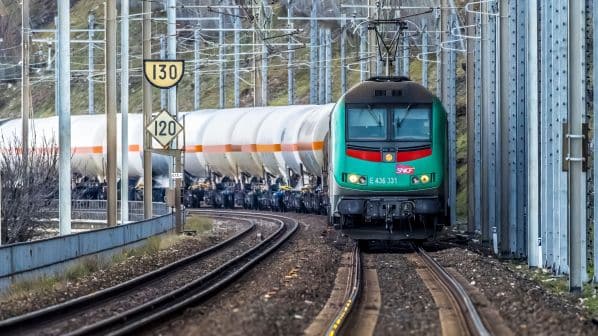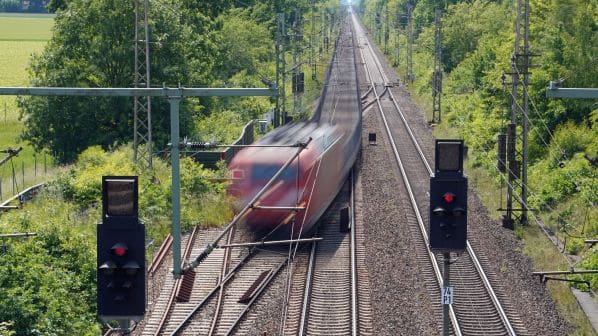FIVE associations representing the freight sector say that the European Council’s proposal to delay implementing the proposed regulation on rail infrastructure capacity until 2029 sends the message that policymakers have given up on meeting modal shift targets.
The European Union’s (EU) Sustainable and Smart Mobility Strategy sets the target of increasing rail freight traffic by 50% by 2030, and then doubling it by 2050.
However, the European Council last month adopted a general approach to the regulation that would delay its entry into force until 2029. And some provisions would not be implemented until 2032.
In response, a joint statement was issued by five industry bodies: the European Association for Forwarding, Transport, Logistics and Customs Services (Clecat); the European Rail Freight Association (ERFA); the European Shippers’ Council (ESC); the International Union of Wagon Keepers (UIP); and the International Union for Road-Rail Combined Transport (UIRR).
According to these groups, delaying implementation of the regulation will mean that it will have no impact on meeting the 50% target by 2030.
The regulation was originally proposed by the European Commission, and passed its first reading in the European Parliament on March 12. The European Council’s proposal to delay implementation now risks a lengthy three-way negotiation process between the commission, parliament and council to agree a final text that is acceptable to all parties.
The industry bodies note that over 50% of rail freight, and nearly 90% of intermodal rail freight, operates across at least one national border in Europe. However, infrastructure is managed on a national basis with little international coordination.
The capacity needs of rail freight can be achieved through an internationally agreed framework for capacity management which caters for long-term, rolling planning and secured cross-border paths for rail freight, say the industry bodies.
They add: “Rail freight services throughout many European member states are experiencing significant delays and cancellations due to poorly planned and uncoordinated capacity restrictions.”
“Ahead of the upcoming trilogue negotiations it is essential that the European Commission, the European Parliament and the Council arrive at an agreed text which places a greater emphasis on meeting the business requirements of a functioning European rail freight market or there is a significant risk the proposal will have no real impact on increasing the punctuality and reliability of European rail freight.”



